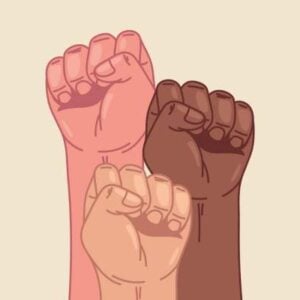In 2025, Iranian authorities have executed over 1,000 people, marking the highest annual toll recorded in at least 15 years, according to Amnesty International. This number has already surpassed the total of 972 executions in 2024. The organization has called on Iran to impose an immediate moratorium on executions and urged the international community to pressure the Iranian authorities to halt all planned executions.
Since the 2022 Woman Life Freedom uprising, Iran has increasingly used the death penalty to suppress dissent and target political opponents, with executions also escalating for drug-related offenses. In 2025, the authorities have further intensified executions under the guise of national security following the June escalation of hostilities between Israel and Iran. Amnesty International condemns the systematic use of the death penalty as a tool of state repression, highlighting that many victims are sentenced following grossly unfair trials.
Those at risk include individuals charged under broad and vaguely defined offenses such as “enmity against God,” “corruption on earth,” and “armed rebellion against the state.” Revolutionary Courts, which handle these cases, are criticized for lacking independence and systematically denying fair trial rights. An example is Babak Shahbazi, arbitrarily executed in September 2025 despite allegations of torture and other ill-treatment being ignored.
Marginalized minorities are disproportionately affected, including Afghan, Baluchi, and Kurdish communities. Kurdish women such as humanitarian worker Pakhshan Azizi and dissident Verisheh Moradi remain under threat of execution. The number of Afghans executed has also risen sharply, alongside increasing xenophobic rhetoric and forced mass expulsions. The continued use of the death penalty for drug-related offenses violates international law, which prohibits capital punishment for such crimes.
Since June 2025, at least ten individuals have been executed on politically motivated charges, including espionage allegations against Israel. Many more, including Swedish-Iranian academic Ahmadreza Djalali and women’s and workers’ rights defender Sharifeh Mohammadi, remain at risk. Amnesty International reiterates its opposition to the death penalty under all circumstances, calling it a violation of the right to life and an inhumane, degrading punishment.







